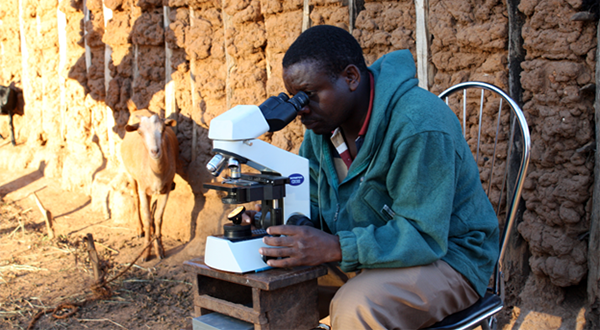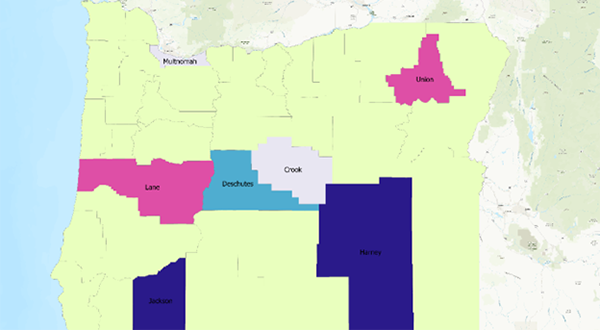Strengthening One Health Through Leadership and Collaboration
One Health Newsletter: Volume 17, Issue 1
ne Health emphasizes the vital connections between human, animal, and environmental health, requiring strong leadership and multi-sectoral partnerships to address global health challenges effectively. This issue of the One Health Newsletter explores key research highlighting the role of collaborative frameworks in tackling issues such as antimicrobial resistance, zoonotic diseases, and climate-driven health risks.
Recent studies emphasize the importance of structured partnerships, such as the One Health Zoonotic Disease Prioritization process, which was developed by the Centers for Disease Control and Prevention (CDC) to help countries identify and prioritize zoonotic diseases of most significant concern to enhance the American health security (CDC, 2024). Additionally, research by organizations such as the World Health Organization in 2021 and the CDC highlights the need for systems thinking, strategic leadership, and cross-sector coordination, particularly among human, animal, and environmental health sectors, to develop sustainable responses to zoonotic threats. Strengthening initiatives like integrated surveillance systems, cross-sectoral communication platforms, and joint outbreak response protocols is essential to advancing global health resilience.
"Antimicrobial Resistance: A Threat to Neglected Tropical Disease Elimination" sheds light on the urgent problem of antimicrobial resistance hindering the eradication of neglected tropical diseases. Devin Graham highlights the history of One Health by recognizing the need for a comprehensive and coordinated effort to address complex health challenges, including the development of new antimicrobial drugs and preserving progress toward the elimination of neglected tropical diseases.
In a world where science and politics frequently intersect to shape public health outcomes, phage therapy highlights the persistent effort to combat infectious diseases. This theme is thoughtfully explored in Douaa Attabi's article, "Exploring the Link Between Stomach Cancer and Blood Type A: A One Health Perspective." While the association between blood type A and stomach cancer may appear to be a straightforward medical issue, the article uncovers a deeper narrative that illustrates how our composition, microorganisms, and surrounding environment interact in a highly complex and dynamic manner to shape human health outcomes.
Oregon received a wake-up call as drought, wildfires, and public health issues converged, signaling the urgent need for environmental action. In the article "Drought and Wildfire Impacts on Air Quality and Public Health in Oregon," Taylor West confirms the intersection of climate change, environmental hazards, and public health risks. The study advocates and highlights the importance of applying One Health, which underscores the essential connections between human security, ecological systems, and atmospheric conditions.
Graham, Attabi, and West's articles emphasize the necessity of a unified, interdisciplinary approach to address the complex health challenges posed by antimicrobial resistance, neglected tropical diseases, climate impacts, and genetic factors. These issues necessitate collective action based on One Health, fostering collaboration among the sectors of human, animal, and environmental health.
To achieve a resilient and healthier future, enhancing leadership, fostering cross-sector partnerships, and prioritizing shared solutions is vital. The urgency of these actions underscores the importance of strengthening One Health to bolster global resilience.
References
Centers for Disease Control and Prevention. (2024, April 18). One Health Zoonotic Disease Prioritization (OHZDP). U.S. Department of Health and Human Services. https://www.cdc.gov/one-health/php/prioritization/
Articles in this Issue




